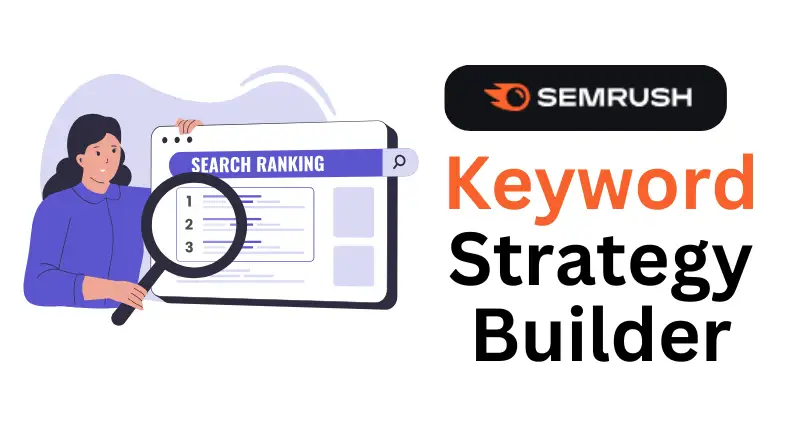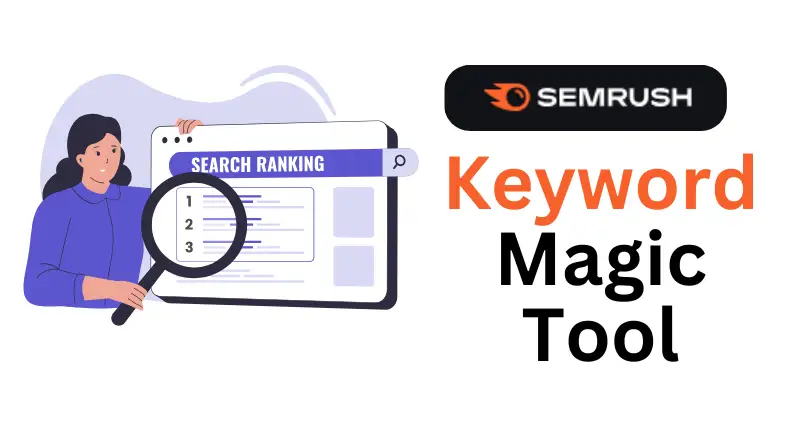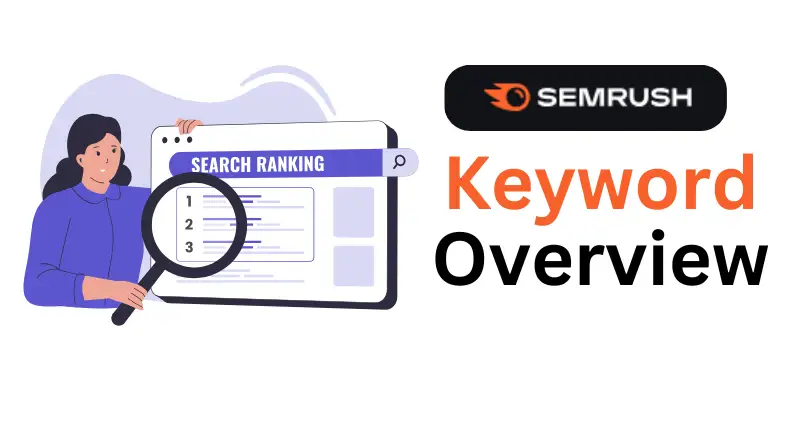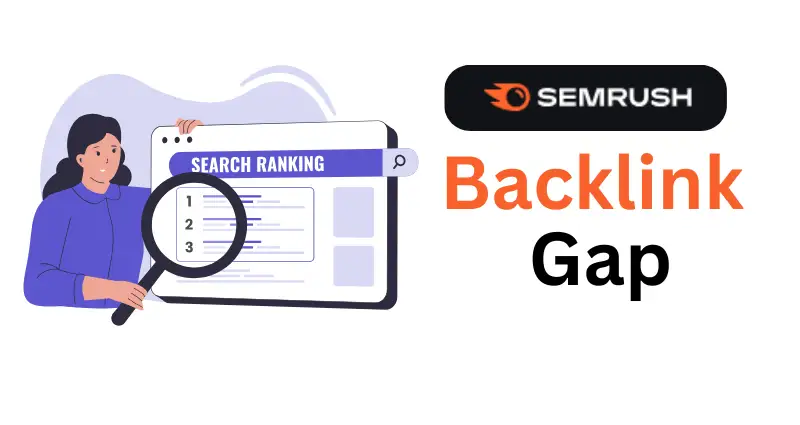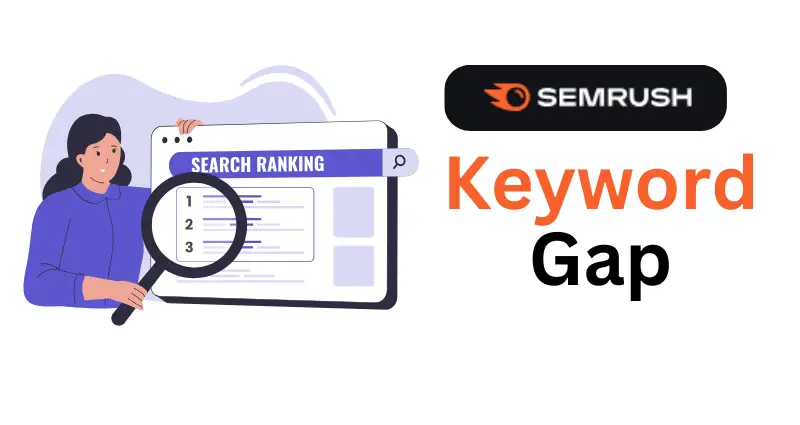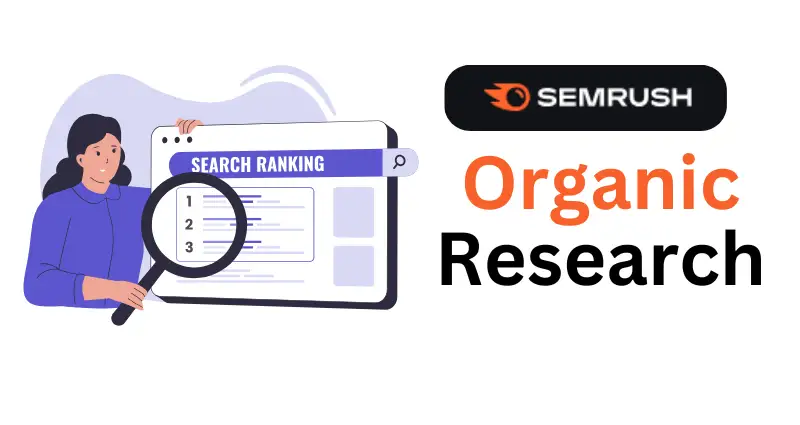Search Engine Optimization (SEO) is a crucial component for any blog looking to grow and reach more readers. If you’re new to blogging or SEO, this guide will break down the basics, how SEO works, and why it’s essential for bloggers.

What is SEO?
What does SEO stand for, and what exactly does it mean?
SEO stands for Search Engine Optimization. It refers to the strategies used to improve a website or blog’s visibility on search engine results pages (SERPs). When someone searches for topics related to your blog, SEO helps ensure your content appears higher in the results, making it easier for people to find your content organically.
How does SEO benefit a blog?
SEO allows your blog to rank better on search engines like Google, leading to more organic traffic. This means readers find your blog naturally, without the need for paid advertisements or promotional campaigns.
Why is SEO critical for a blog’s success in terms of visibility and reach?
Without proper SEO, your blog might not appear on the first page of search results, significantly limiting its exposure. In contrast, a well-optimized blog ranks higher, increasing your chances of being discovered by potential readers and ultimately growing your audience.
How Does SEO Work?
How do search engines like Google find and rank content?
Search engines use crawlers (bots) to scan websites. These bots analyze your blog’s content, structure, and links, then store the information in an index, a database that search engines use to generate results. When someone enters a search query, the search engine pulls from this index to show the most relevant content.
What are search engine ranking factors, and how do they impact where your blog appears?
Ranking factors are criteria search engines use to determine a page’s relevance and quality. These include:
- Keywords: How well your content matches the search query.
- Content quality: Whether the information is useful, accurate, and engaging.
- Backlinks: Links from other trusted websites that point to your blog.
- User experience: Factors like page speed, mobile-friendliness, and navigation.
Optimizing these factors can help improve your blog’s search engine ranking.
Why Should Bloggers Care About SEO?
Why is SEO important for driving organic traffic?
SEO helps your blog appear in search results when users search for topics related to your content. This increases organic traffic, meaning people find your blog naturally instead of through paid ads, leading to long-term, sustainable growth.
How does SEO help a blog rank higher without paid advertising?
With good SEO, your content appears higher in search results based on its quality and relevance rather than paid placements. By consistently producing valuable content and optimizing it for search engines, you can attract traffic organically, saving money on advertising.
What are the long-term benefits of SEO for bloggers?
The long-term benefits of SEO include:
- Steady traffic growth: As your blog ranks for keywords, it will attract consistent readers.
- Increased credibility: Higher rankings boost your blog’s authority.
- Better conversion rates: As traffic increases, you’re likely to see improved engagement and conversions, such as email sign-ups or sales.
Can Beginners or Non-Technical People Do SEO?
Do you need coding or technical skills to implement SEO on a blog?
No! You don’t need coding skills to start optimizing your blog. Many aspects of SEO, such as keyword research and content optimization, are more about strategy than technical know-how. Plus, tools like Yoast SEO on WordPress can handle much of the technical side for you.
Are there simple, beginner-friendly SEO techniques that anyone can apply?
Yes, here are some beginner-friendly SEO tips:
- Install an SEO plugin: If you use WordPress, plugins like Yoast SEO or Rank Math simplify SEO.
- Optimize your blog posts: Include keywords in titles, headings, and throughout the content.
- Improve site speed: Compress images and use caching plugins to make your blog load faster.
- Optimize images: Use descriptive file names and alt text for better search visibility.
How can bloggers start optimizing their blog without much technical knowledge?
You can start by focusing on on-page SEO:
- Write clear, keyword-rich titles.
- Craft compelling meta descriptions.
- Structure your blog posts with headings (H1, H2, H3).
- Include internal links to related content on your blog to keep users engaged and help search engines understand your site’s structure.
Key Elements of SEO for Blogs
What are keywords, and why are they important?
Keywords are the terms and phrases users type into search engines. They help search engines understand what your content is about and match it to relevant searches. Using appropriate keywords can significantly improve your blog’s visibility.
How does on-page SEO (like optimizing blog titles, meta descriptions, and headers) affect rankings?
On-page SEO optimizes each blog post for search engines. Search engines use elements like titles, meta descriptions, and headings to determine the content’s relevance to specific searches. Optimizing these aspects ensures your blog ranks higher for relevant queries.
What role does content quality and user experience play in SEO?
Google prioritizes high-quality, valuable content that users find helpful. A blog that loads quickly, is easy to navigate, and provides value to readers will rank better than one with poor user experience. Therefore, user experience and content quality should always be your priority.
Common SEO Mistakes for Beginners
What are the most common mistakes beginners make with SEO?
Common SEO mistakes include:
- Keyword stuffing: Overusing keywords makes your content sound unnatural and can hurt your rankings.
- Ignoring mobile-friendliness: More than half of web traffic comes from mobile devices. If your site isn’t mobile-friendly, you’ll lose visitors.
- Neglecting content quality: Even if you follow all SEO rules, poor content will result in lower engagement and rankings.
How can over-optimization or keyword stuffing hurt your blog’s ranking?
Over-optimization, especially keyword stuffing, signals to Google that you’re trying to manipulate rankings. This can lead to penalties, lower rankings, or even removal from search results. Instead, focus on natural, valuable content.
How Long Does It Take to See SEO Results?
How soon can bloggers expect to see results from their SEO efforts?
SEO is a long-term strategy. While some improvements can be seen within weeks, it often takes several months to see significant results. Patience is crucial, as search engines need time to crawl, index, and assess your content’s relevance and authority.
Why is patience important when working with SEO?
Unlike paid ads, which deliver instant results, SEO builds a strong foundation over time. As you continue optimizing your content and gaining backlinks, your blog will steadily rise in rankings, bringing in a continuous flow of organic traffic.
Summary Table: Key SEO Factors for Bloggers
| SEO Element | Importance | Beginner Tip |
|---|---|---|
| Keywords | Helps search engines understand your content. | Research and use relevant keywords naturally. |
| Content Quality | High-quality content keeps readers engaged and improves rankings. | Focus on valuable, informative, and well-written content. |
| Backlinks | Backlinks from reputable sites boost authority. | Build relationships with other bloggers for backlinks. |
| Mobile Optimization | Over half of web traffic is mobile. Google ranks mobile-friendly sites higher. | Use responsive design for a mobile-friendly experience. |
| Site Speed | Faster sites offer a better user experience and rank higher. | Compress images and use caching to improve site speed. |
By implementing these SEO best practices, even beginners can improve their blog’s visibility and drive more organic traffic over time.
Focus on creating valuable content, optimizing it for search engines, and building a strong foundation for long-term success.

